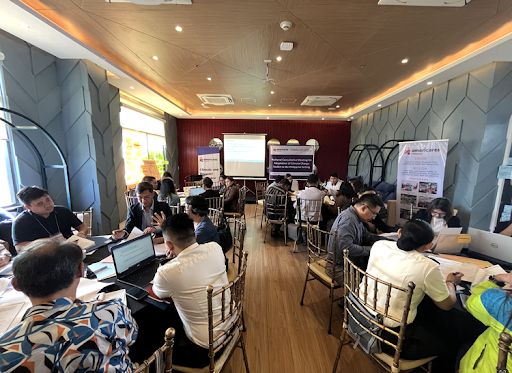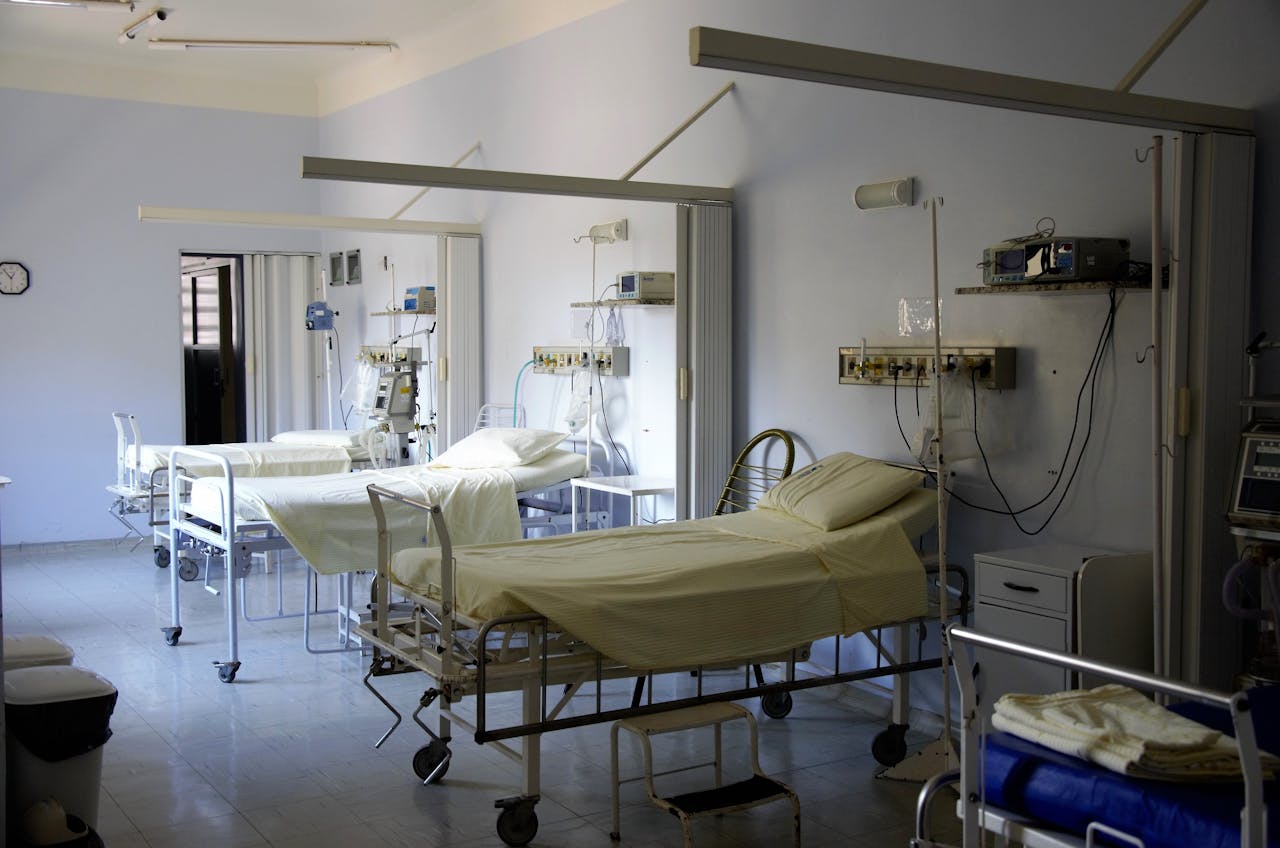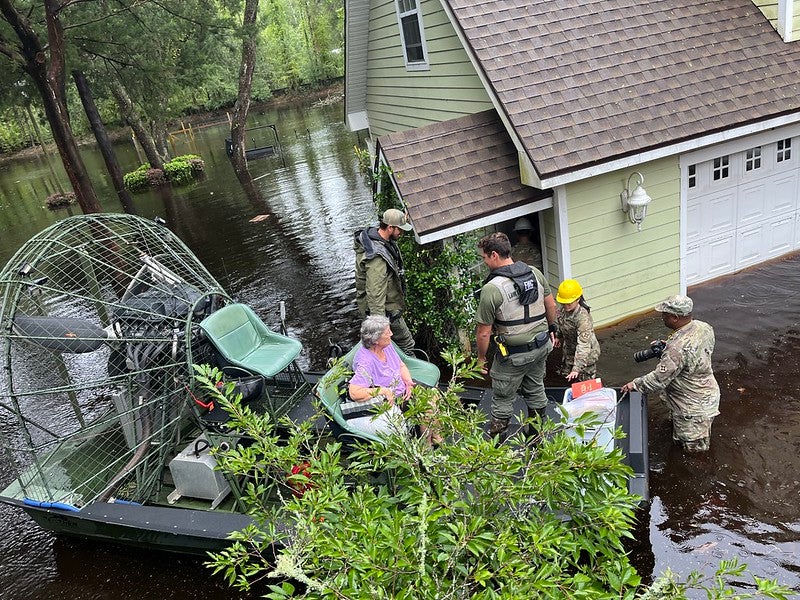Center for Climate, Health, and the Global Environment
We seek climate solutions that can provide for a healthier and more just world today and a livable future for our children.
Building 1, Room 1312
Climate Resilience for Frontline Clinics and the Patients They Serve
Climate shocks including heat waves, wildfires, hurricanes, and flooding are disrupting healthcare delivery and harming patients. We work with frontline health clinics that serve highly impacted communities to develop and deploy resources that can safeguard their patients’ health.
We’d like to thank the many Harvard Chan students who conducted research and developed content for the resources below.
Climate Resilience for Frontline Clinics Toolkit
Dangerous Heat Alerts for Frontline Clinics
When is heat dangerous to patients, who is at risk, and what can a nurse or doctor do about it? Clinicians looking for answers to these questions can sign up to receive heat alerts developed through a collaboration between Harvard Chan C-CHANGE and Climate Central. The heat alert system provides users with location-specific dangerous heat information from the CDC / NWS HeatRisk system, paired with information about populations at risk and links to resources for counseling, patient education, and workplace safety.
How does it work? Learn more about how heat alerts are generated and what information they contain:
If you are a clinical staff member interested in signing up to receive heat alerts for areas with HeatRisk mapping coverage, please email Caleb Dresser.
Wildfire Smoke and Heat-Health Action Plans
Preventing climate-related health harms requires providing resources that go beyond the walls of frontline clinics and that can support patients in their homes and communities. In collaboration with Americares, we have developed a portfolio of prevention-focused resources to address heat and wildfire smoke hazards. Clinics use an online assessment tool to generate customized heat and smoke action plans, which include interventions ranging from wellness checks to air conditioner distribution. With support from Johnson & Johnson, we expanded this program across the country and are working with nearly 150 free and charitable clinics and community health centers to bolster their climate resilience.
Continuing Education on Climate Change for Health Professionals
Many practicing clinicians do not learn about the impacts of climate change on health and healthcare during their formal degree programs. We developed a continued education course for nurses, doctors, advanced practice providers, psychologists, and other health professionals seeking to advance their clinical knowledge in ways that allow them to better serve their patients in the context of our changing climate. The course was first offered in May 2024.
Climate Resilience Resources for Healthcare in the Philippines
We are working with Americares and a wide variety of stakeholders in the Philippines to develop resources for clinicians, community members, patients, and health center staff to improve climate resilience. Building off of the Climate Resilience for Frontline Clinics Toolkit, these resources will reflect climate hazards, clinical context, and health communications strategies relevant to the Filipino setting. Learn more about this project.



